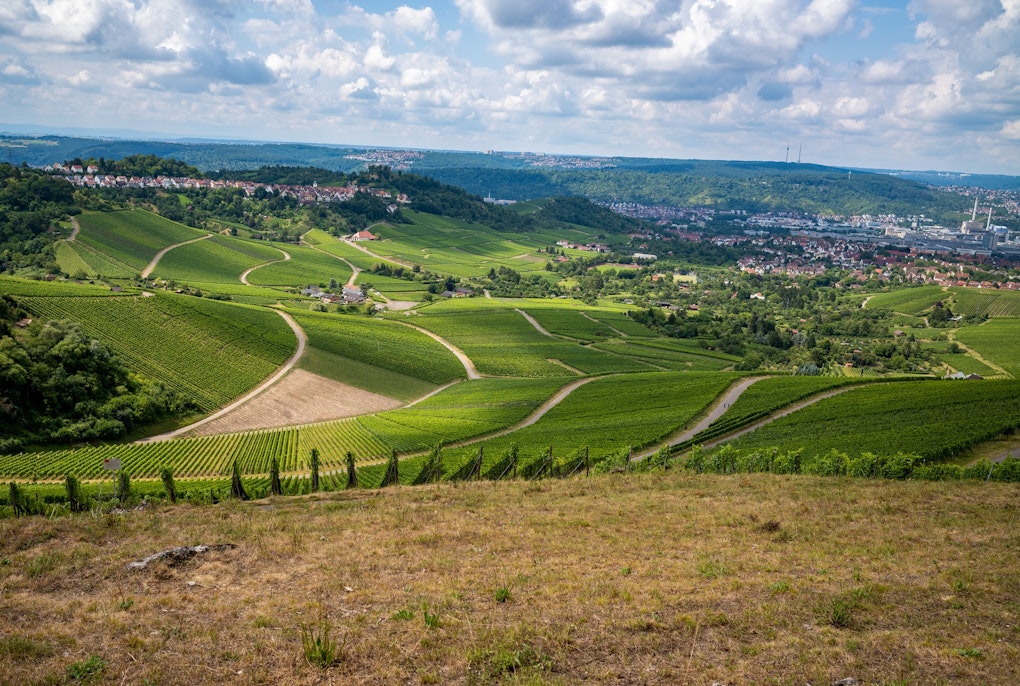
Politics of Adjustment: How mayors in rural municipalities manage reception facilities for asylum seekers
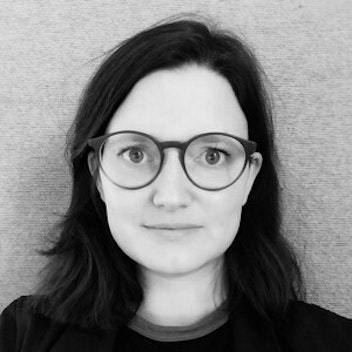

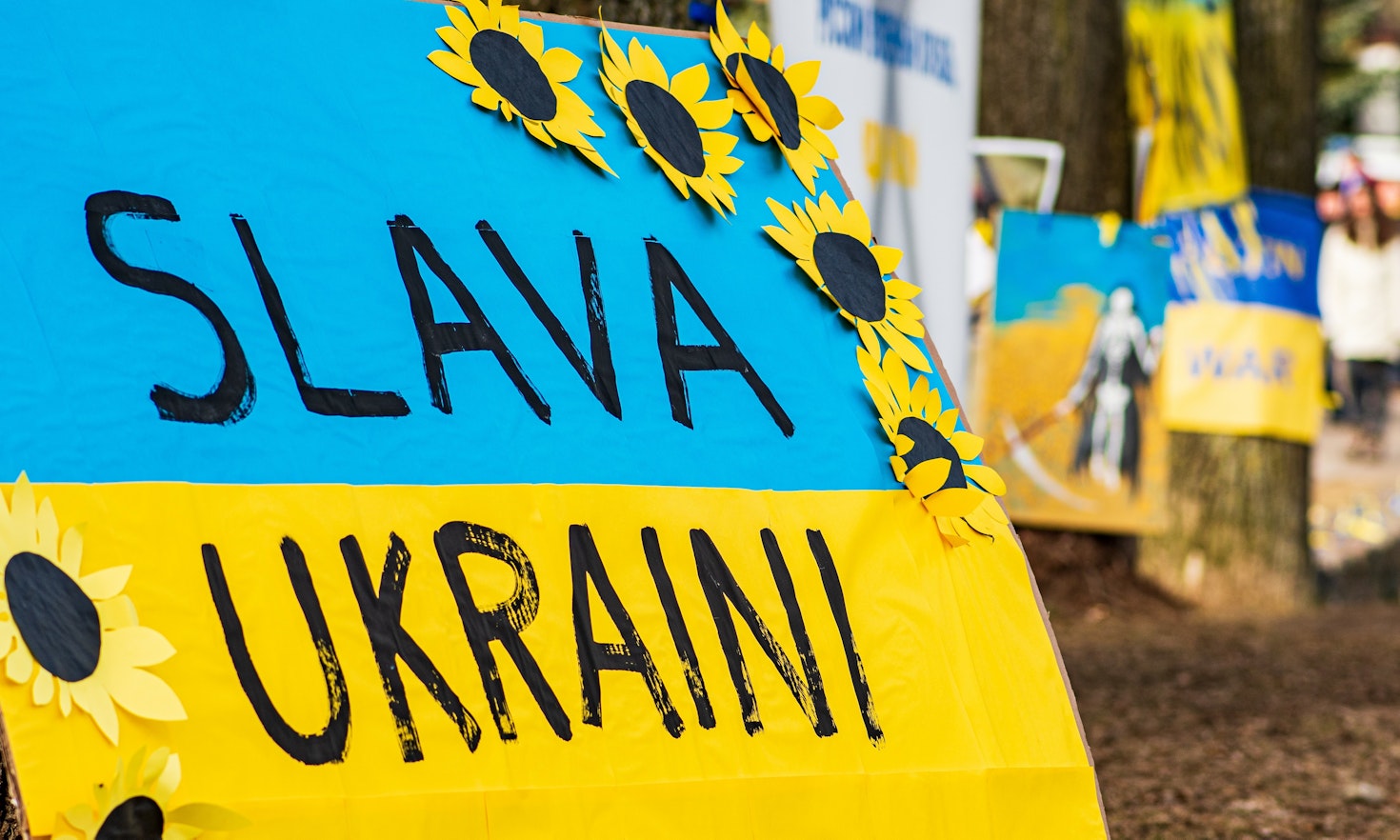
Simplistic narrations of Ukraine’s East-West ethno-linguistic divide fail to capture the country’s cultural diversity and the complex interplay between ethnicity and language.
Putin’s war against Ukraine started long before February 24 when the Russian army launched its large-scale invasion of the country. More often than not, the commentary of media pundits, journalists, and politicians before and after the invasion, fail to take into consideration the rather complex background of the conflict. For instance, many demographic analyses on and ethno-linguistic maps of Ukraine are based on 20 year-old statistical data and assumptions that may at least, be misleading, if not plain wrong. The last Ukrainian census took place in 2001. A new census was initially planned for 2011 but it was postponed several times – first to 2012, then to 2013, 2014, 2016, 2020 and finally to 2023. Most probably, the census scheduled for 2023 will be postponed again because of Russia’s ongoing war against Ukraine. There are good reasons to look more carefully at the results of the 2001 census.
The census questionnaire enquired about “nationality/ethnic origin” and “native language” in line with the methodology of censuses undertaken during the time of the Soviet Union. The former category referred to “ethnic origin”, equated in parentheses with “nationality”, “ethnicity” and “ethnic group” (Arel 2002). The latter was more confusing because during the Soviet times it came to mean the language of one’s nationality as much as linguistic practice (Kulyk 2011). This seems to be confirmed by public surveys in Ukraine: “34% of respondents understand the term ‘native’ as referring to the language in which they think and talk freely; for 32% of those surveyed it refers to the language of the nation they belong to; for 24% it is the language of their parents; and for 9% it is the language they use most often” (Olszański 2012, 14-15). However, “native language” is often translated into English as “mother tongue”. They are used as interchangeable terms, even by the Ukrainian authorities, although their meaning is not necessarily the same. “Mother tongue” is narrowly defined as the first language spoken in early childhood at home (UN and Eurostat 2006).
In the 2001 census 67.5% of Ukraine’s population declared Ukrainian as their native language and 29.6% declared it was Russian. However, a comparison of the data on “nationality/ethnic origin” and “native language” reveals a rather wide discrepancy between declared ethnicity and language. Overall, 77.8% of Ukraine’s population self-identified as ethnically Ukrainian and 17.3% as ethnically Russian. Several other ethnic groups amounted to less than one percent of the country’s population each – for example, Crimean Tatars 0.5%; Bulgarians 0.4%; Hungarians 0.3%; Jews 0.2%; Roma 0.1%. Among ethnic Ukrainians, 85.2% declared Ukrainian as their native language and 14.8% stated it was Russian. Among ethnic Russians, 95.9% declared Russian as their native language and 3.9% stated it was Ukrainian. High percentages of persons belonging to several national minorities declared their native language to be Russian – for example, 88.5% of the Greeks; 83% of the Jews and 64.7% of the Germans. Whereas 71% of the Poles declared their native language to be Ukrainian. On the contrary, the census recorded a high level of correspondence between the language and ethnicity, in the cases of persons belonging to Hungarian and Romanian minorities – 95.4% and 91.7% respectively, as well as to those self-identifying as Crimean Tatar indigenous peoples – 92%. At this point, it is worth noting that the 1996 Constitution of Ukraine refers to “indigenous peoples and national minorities”. According to the Ukrainian authorities, indigenous peoples are those minorities which do not have a kin state. The government included in this category the Crimean Tatar, Karaim and Krimchak peoples (Venice Commission 2019 para 40). In 2001, around 12% of Crimea’s population declared having Tatar origin.
After Russia’s illegal annexation of Crimea in 2014 and the start of the war in the Donbas, tens of thousands of Crimean Tatars and more than 1 million people from Luhansk and Donetsk oblasts became internally displaced persons. In these traditionally multi-ethnic regions, “Russian has dominated as a lingua franca rather than a marker of ethnicity” (Mirimanova 2018, 64). An illustrative example is the city of Mariupol in the Donetsk oblast. Before the war it used to have a predominantly Russophone population. However, besides Ukrainians and Russians, the Ukraine’s largest Greek community lived in the city and in the surrounding villages alongside smaller minority communities such as Jewish, Armenian and Bulgarian. Mariupol is currently encircled by Russian troops. Thousands of civilians are trapped inside the besieged city under constant shelling. The scale of the destruction is staggering and there is mounting evidence of war crimes committed by the Russian army. Putin started the war with the false pretext that Ukraine is run by Nazis, and he was obliged to save the Russians living in there, to “denazify” a country where Jews are among the most accepted as citizens in Central and Eastern Europe, the far right received only 2% of the vote in the 2019 parliamentary elections, and the democratically elected president is a Jew who grew up speaking Russian and whose relatives were killed by Nazis in the Holocaust.
Meanwhile the Russian army is systematically destroying predominantly Russophone cities and towns in Eastern Ukraine. Kharkiv is a case in point, the second-largest city of Ukraine is located in the northeast of the country, less than 50 kilometers from the Russian border. Before the war, it had strong cultural and socio-economic ties to Russia. More than two weeks of incessant bombing by Russian forces has left the city in ruins. Outside Crimea, Donetsk and Luhansk, Ukraine’s largest minority communities of, for example, Russians, Romanians, Hungarians, Bulgarians are concentrated in Odesa, Chernivtsi and Zakarpattya oblasts. These three southwestern regions bordering Moldova, Romania, Hungary and Slovakia are witnessing a huge influx of refugees from Ukraine.
The mobilization of civil society – including the NGOs representing national minorities in Odesa, Chernivtsi and Zakarpattya –and in the neighboring countries, has been exemplary. However, in many cases governments’ responses have lacked the planning and coordination needed to manage this ongoing humanitarian crisis. There are numerous reports that Roma refugees fleeing Ukraine are facing discrimination on both sides of the country’s borders and that refugees of African and Asian descent have been subjected to racial discrimination by border guards. However, people living in these multiethnic border regions have been also praised for their efforts to help the refugees irrespective of their ethnicity, race or citizenship.
It is worth noting that minority communities across Europe stand with Ukraine. The Federal Union of European Nationalities, the largest umbrella organization of European minorities, launched recently the humanitarian aid campaign “Help so we can help! Minorities for Ukraine“. It remains to be seen how Putin’s war will affect national and linguistic identities, symbolic boundaries, and inter-ethnic relations in Ukraine. Russian is now the language of the aggressor and Ukraine is a nation forged by war. Hopefully minority rights will not become “collateral damage” in Ukraine’s heroic struggle against Russian imperialism. Ukrainians are now not just fighting for their independence but also to defend European values such as respect for human dignity, freedom, democracy, equality, the rule of law and respect for human rights, including the rights of persons belonging to minorities. One day the guns will fall silent. When the war is over Europe must continue to support Ukraine on its rocky road to political, economic, and societal reconstruction.
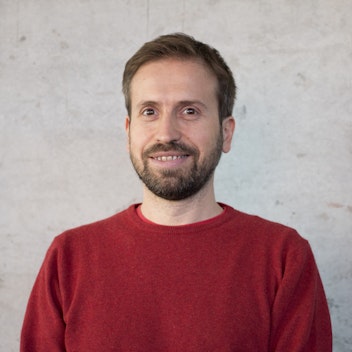
This content is licensed under a Creative Commons Attribution 4.0 International license.



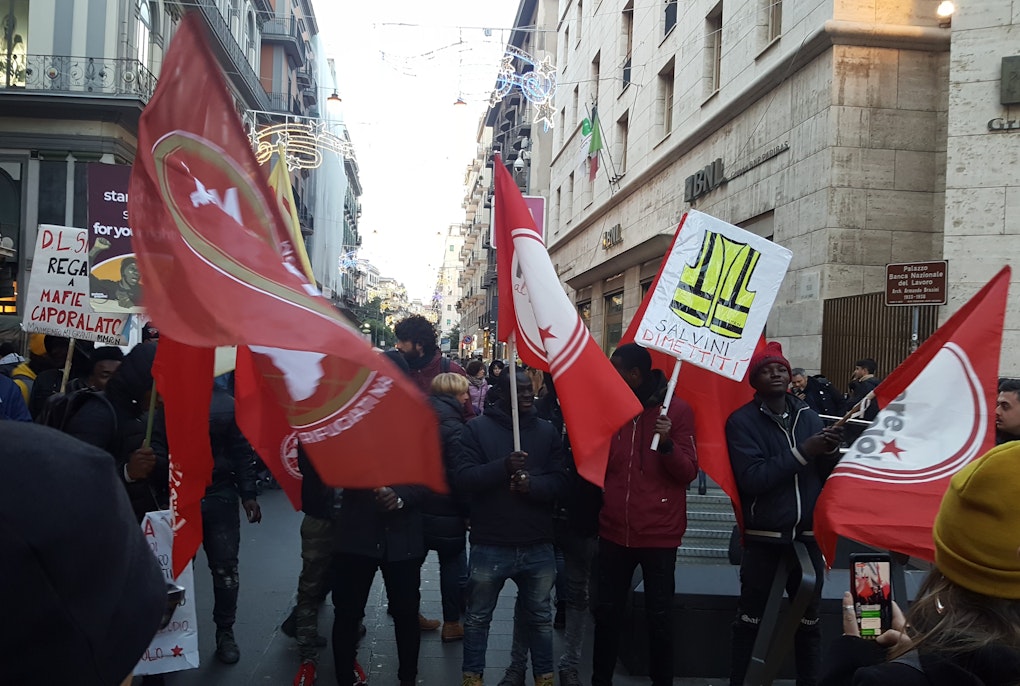
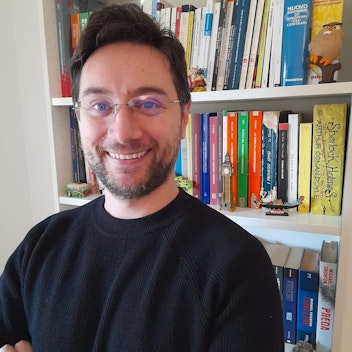
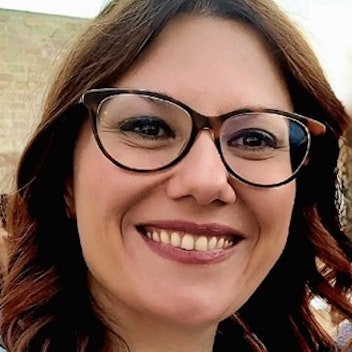
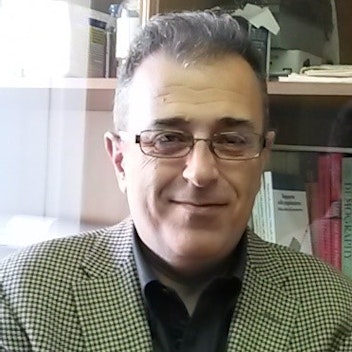
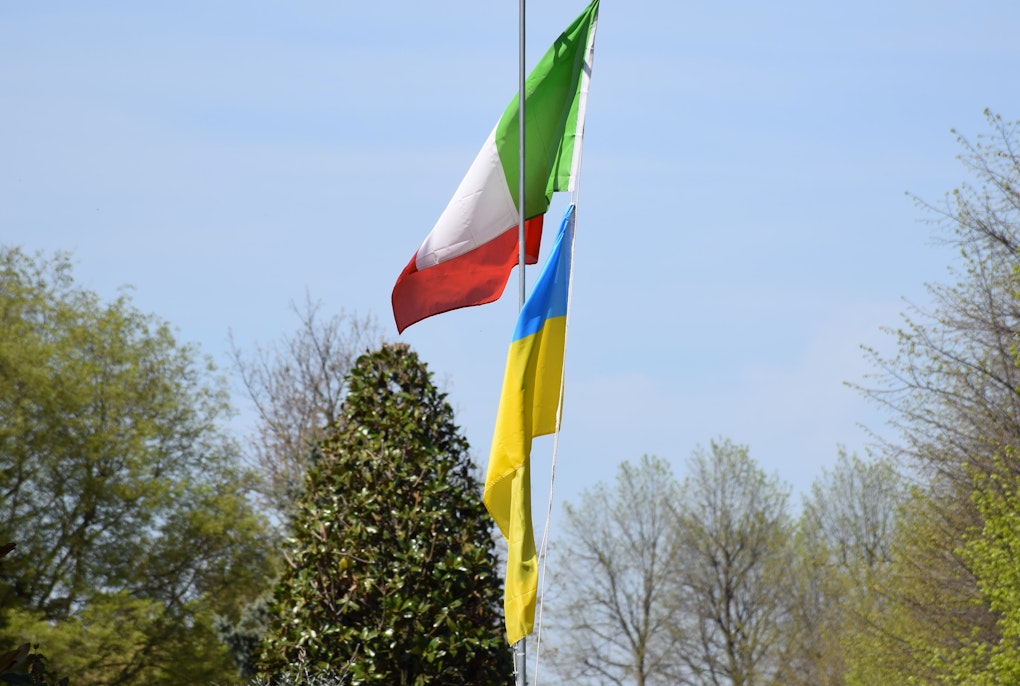
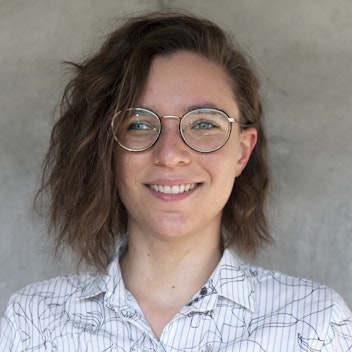 Ilaria Signori
Ilaria Signori